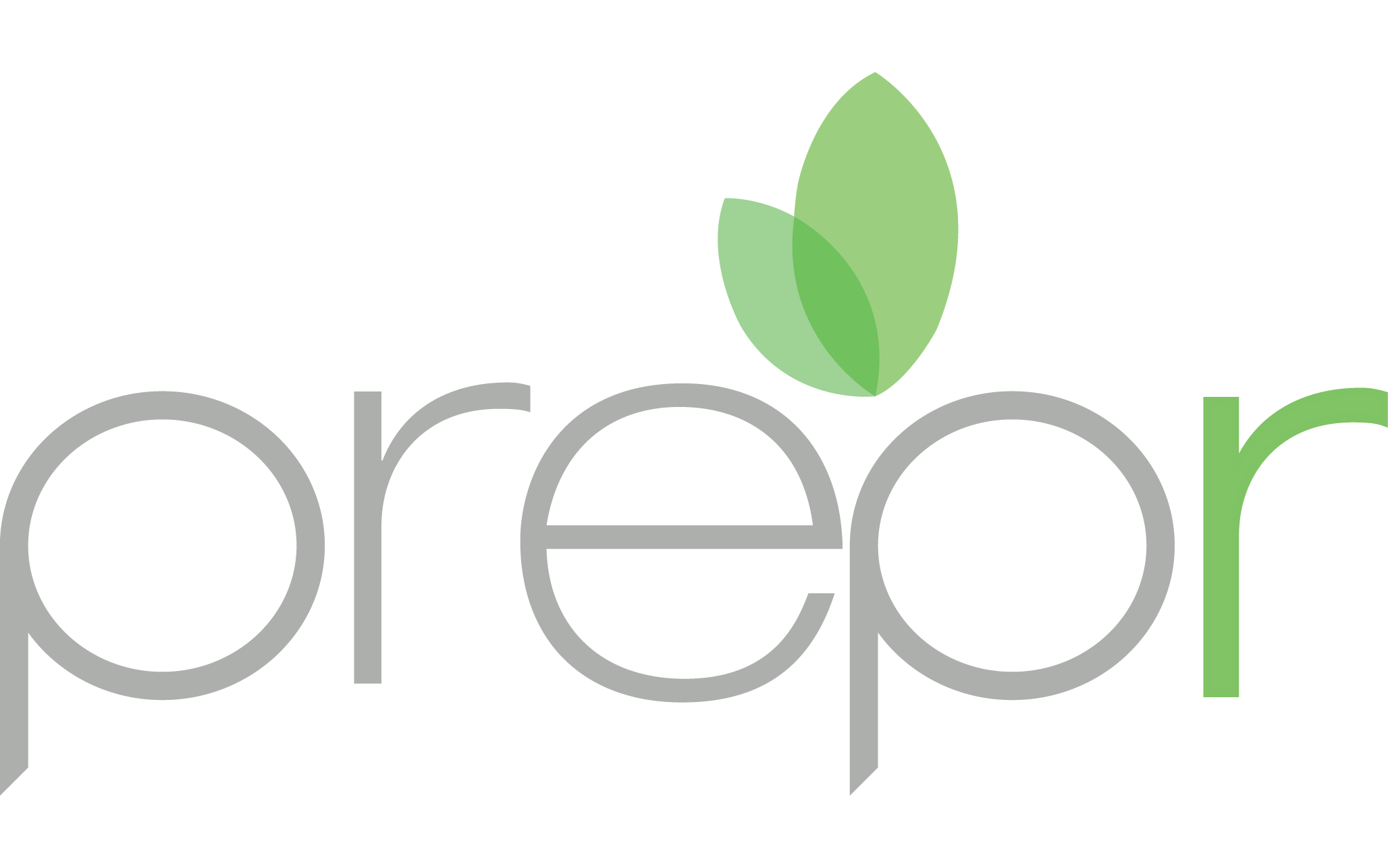
22 Oct A Modern Conundrum: How to Get Job Experience in the First Place
Breaking into the job market in today’s economy can feel impossible. For many new graduates, and students staring graduation in the face, the prospect of finding a job in their desired field seems like a feat – and this isn’t surprising given the number of young adults who struggle to find work relevant to their degree. In addition, many entry-level positions are asking for years of experience. Yet, how do they acquire this experience if they need existing experience to get it? This conundrum is confusing, frustrating, and incredibly common.
It can also be frustrating when much of the advice for gaining experience or resume-ready skills involves a large expense or unpaid labour – as not everybody has the financial means to take that advice. So while volunteer work and job shadowing can be great ways to gain relevant experience, they are not the only way, and existing wealth should not be a factor determining a candidate’s value.
Focus on Building Relevant Skills
By focussing on building relevant skills and a portfolio of work, either from personal projects, course work, or freelance work, those looking to break into a new field can piece together a meaningful resume to hand to potential employers. In addition, students and recent graduates should look for free online resources and courses that focus on future skills development – ideally creating portfolio-ready projects while learning the hands-on skills necessary for their future careers.
Try Freelance
As previously mentioned, freelance work can be another great way of gaining experience in a given field. By finding project based work with a lower threshold of entry, workers can gain real-work experience while earning still earning income for their work – there can still be many barriers for those looking to give freelance a try, and it comes with its own pitfalls – but looking for more short term, project based work can be a way to actively gain the skills and knowledge needed for finding a more permanent position.
Consider Existing Experience
Finally, when building out a resume as a new graduate, or out-of-field professional, consider how the experience you do have is relevant and important to the position or field you’re currently trying to enter. Consider the projects you’ve completed or initiatives you’ve been involved with and how these have prepared you for the job ahead. Consider which skills you’ve learned throughout your life and how these will serve you in the future – for instance, which computer skills do you have or are you able to solve problems creatively. These transferable skills may be either hard or soft skills – so be sure to consider both critically.
The current job market can feel impossible to penetrate – but it isn’t. There is a plethora of skills-development courses and project-based experience to be found, and plenty of the skills garnered through school, or part-time work can be necessary to your future field as well. And while it may seem like too large a hurdle, you can gain or find the experience you need in order to find a position in your chosen field; sometimes this can require a bit of critical thinking, networking, or time, but if you can find the right resources then nothing is truly impossible.
Make sure to follow Prepr on our social media channels to get timely updates on all things Prepr!
Head to the Apple store or the Google Play store to download the Prepr App and get started on building your skills for tomorrow, today!
Prepr (@PreprMe) is not-for-profit helping students, educators, job seekers, & employers upskill & re-skill through Virtual Labs, Challenge based learning, & microcredentialing.
To find out how you can learn critical job skills with Prepr, visit our website.
